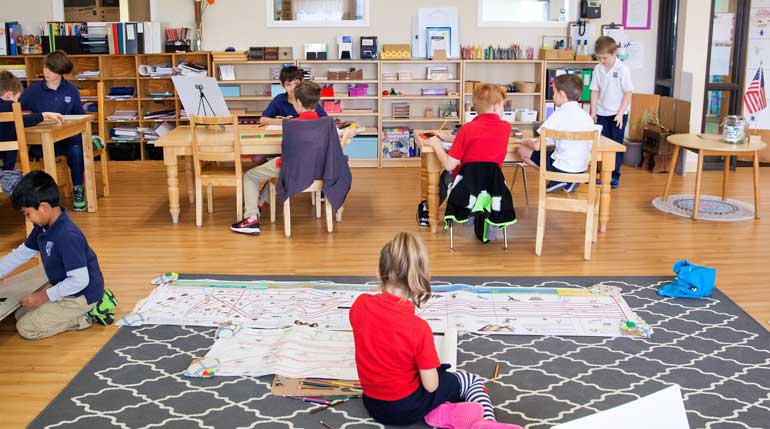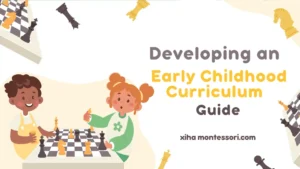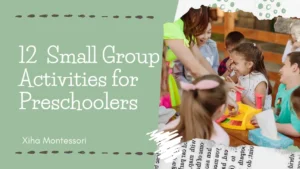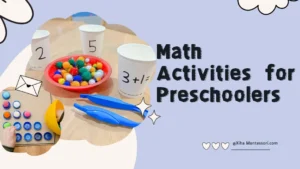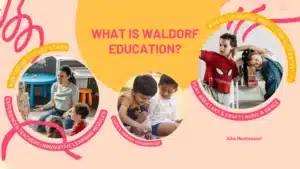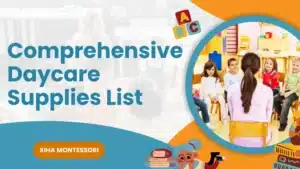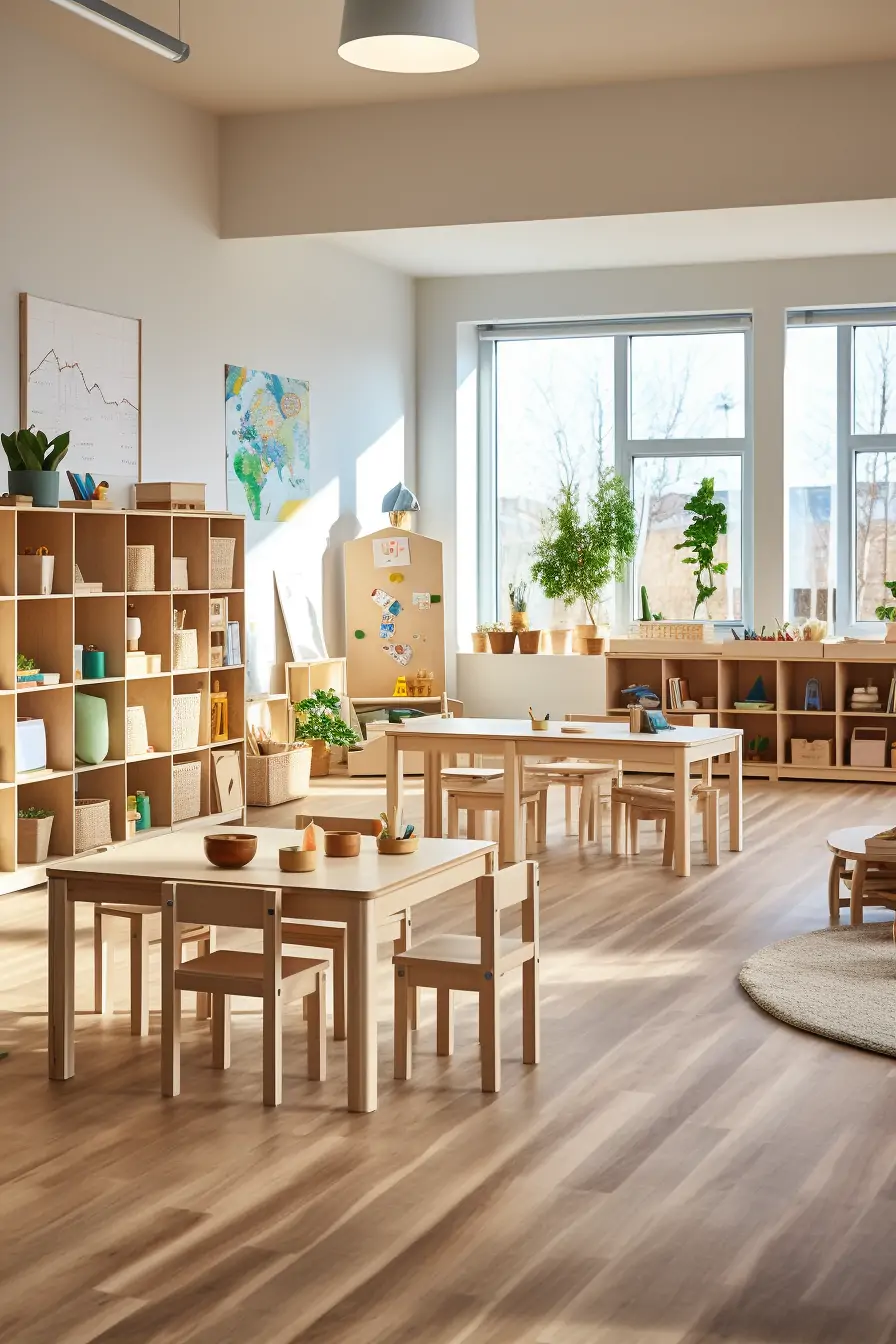Montessori education has been a popular choice for parents seeking an alternative to traditional schooling. It’s a method that encourages children to become independent, self-motivated learners, and has been proven to have a positive impact on their development. In this blog post, we’ll explore how Montessori education unlocks your child’s potential and prepares them for success.
- Fostering Independence: Montessori education emphasizes self-directed learning, where children are encouraged to make choices and decisions independently. This approach builds self-confidence and a sense of responsibility in children from a young age.
- Tailored Curriculum: Montessori education is designed to cater to the individual needs of each child. The curriculum is flexible and allows children to progress at their own pace, ensuring they’re challenged and engaged at all times.
- Hands-On Learning: Montessori education focuses on hands-on learning through sensory experiences. Children learn through exploration, experimentation, and discovery, which helps to develop their creativity and problem-solving skills.
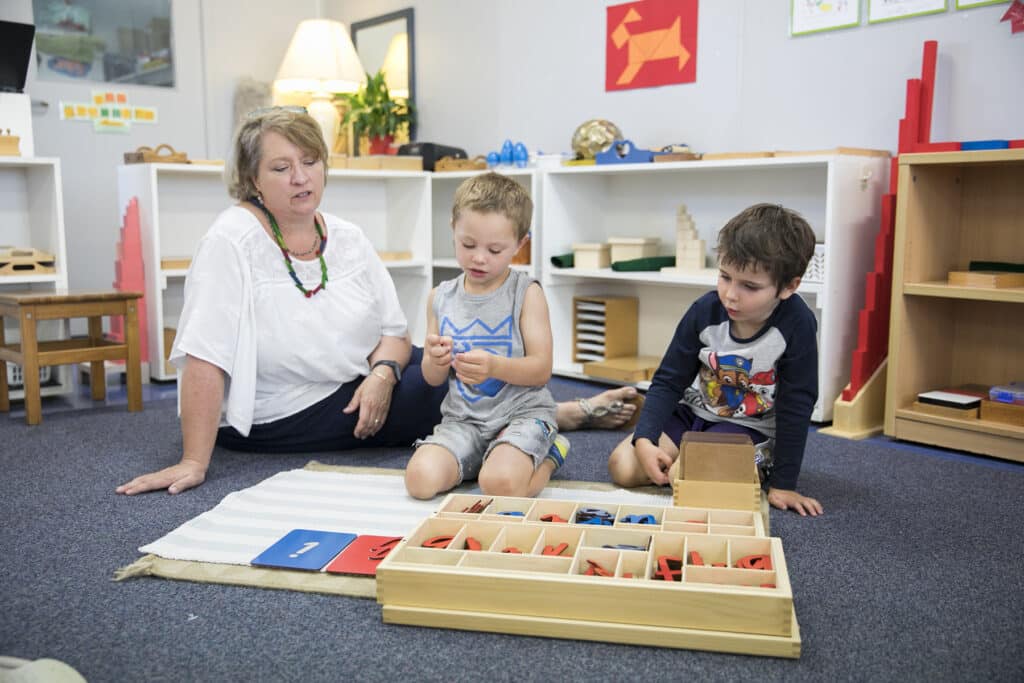
- Multi-Age Classrooms: Montessori classrooms typically have a mix of ages, with children ranging from 3 to 6 years old in the same class. This allows younger children to learn from their older peers and older children to develop leadership skills.
- Emphasis on Practical Life Skills: Montessori education places a strong emphasis on practical life skills, such as cooking, cleaning, and gardening. These skills are essential for daily life and help to foster independence and responsibility in children.
- Respect for the Child: Montessori education values and respects the unique needs of each child. Teachers provide guidance and support, but ultimately, children are encouraged to take ownership of their learning and make choices that suit their individual needs.
At the heart of the Montessori method is the belief that every child is born with a unique set of talents and abilities, and it is the role of educators to provide an environment that allows them to explore and develop these to their fullest potential. This is achieved through a carefully designed curriculum that emphasizes practical life skills, sensory exploration, language development, and math and science concepts.
One of the key features of Montessori education is the use of specially designed materials that allow children to learn through their own experiences and discoveries. From the iconic Montessori pink tower to the movable alphabet, these materials encourage children to work independently and at their own pace, building confidence and a love of learning.

Montessori education provides a holistic approach to learning that nurtures the whole child. By unlocking your child’s potential through independence, tailored curriculum, hands-on learning, multi-age classrooms, practical life skills, and respect for the child, you’re setting them up for a lifetime of success.

